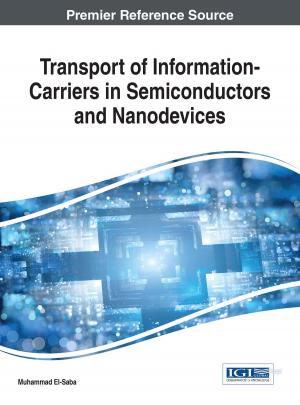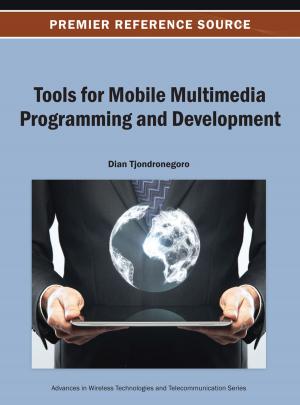Faculty Roles and Changing Expectations in the New Age
Nonfiction, Reference & Language, Education & Teaching, Educational Theory, Leadership, Administration| Author: | ISBN: | 9781522574408 | |
| Publisher: | IGI Global | Publication: | February 15, 2019 |
| Imprint: | Information Science Reference | Language: | English |
| Author: | |
| ISBN: | 9781522574408 |
| Publisher: | IGI Global |
| Publication: | February 15, 2019 |
| Imprint: | Information Science Reference |
| Language: | English |
In a shift from traditional teacher-centered (or lecture-focused) methods to learner-centered methods (shifting from an emphasis on “teaching” to “learning”), faculty are now expected to provide technology-enhanced platforms for learning and to foster 21st century skills such as teamwork, problem solving, critical thinking, and self-management—all of which help prepare students for successful futures as citizens, professionals, and lifelong learners. Faculty Roles and Changing Expectations in the New Age provides a theoretical understanding of the link between ongoing changes in institutions and changes in faculty roles and provides course designs and pedagogical approaches that place faculty in the role of leaders and coaches for learning. While highlighting topics such as online andragogy, language learning, and digital transformation, this publication explores real-life examples and experiences of those involved in optimizing the practices of teaching and learning in the digital age. It is ideally designed for educators, instructors, administrators, faculty, researchers, practitioners, professors, and trainers.
In a shift from traditional teacher-centered (or lecture-focused) methods to learner-centered methods (shifting from an emphasis on “teaching” to “learning”), faculty are now expected to provide technology-enhanced platforms for learning and to foster 21st century skills such as teamwork, problem solving, critical thinking, and self-management—all of which help prepare students for successful futures as citizens, professionals, and lifelong learners. Faculty Roles and Changing Expectations in the New Age provides a theoretical understanding of the link between ongoing changes in institutions and changes in faculty roles and provides course designs and pedagogical approaches that place faculty in the role of leaders and coaches for learning. While highlighting topics such as online andragogy, language learning, and digital transformation, this publication explores real-life examples and experiences of those involved in optimizing the practices of teaching and learning in the digital age. It is ideally designed for educators, instructors, administrators, faculty, researchers, practitioners, professors, and trainers.















